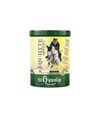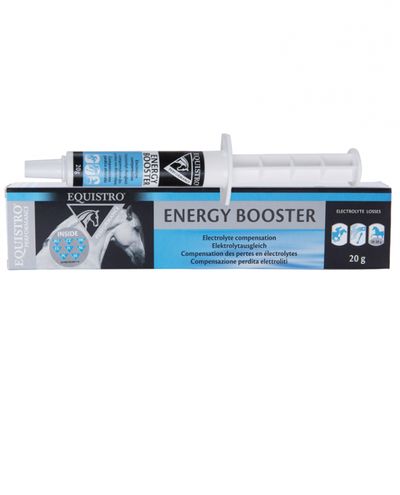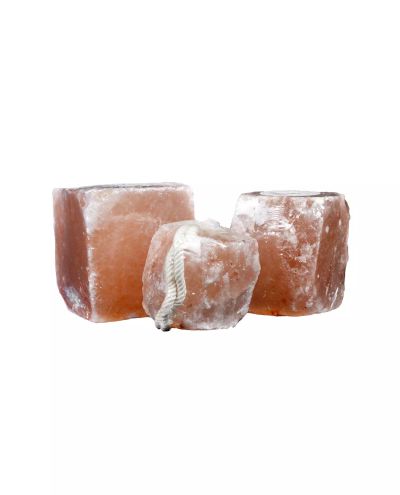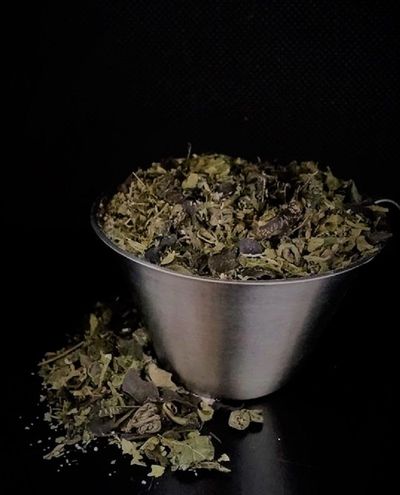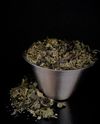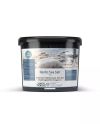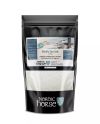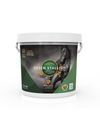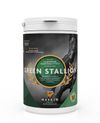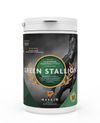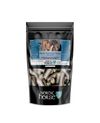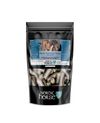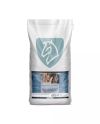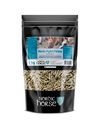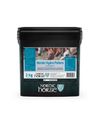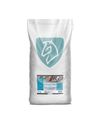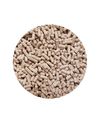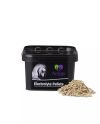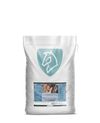$ 87.98 VAT. 13.5%
30 product
$ 17.30 VAT. 13.5%
$ 7.92 VAT. 13.5%
$ 33.48 VAT. 13.5%
$ 19.78 VAT. 13.5%
$ 68.20 VAT. 13.5%
$ 73.16
$ 24.74 VAT. 13.5%
$ 16.06 VAT. 13.5%
$ 23.50 VAT. 13.5%
$ 21.02 VAT. 13.5%
$ 9.86 VAT. 13.5%
$ 39.62 VAT. 13.5%
$ 25.98 VAT. 13.5%
$ 100.38 VAT. 13.5%
$ 64.42 VAT. 13.5%
$ 37.14 VAT. 13.5%
$ 29.70 VAT. 13.5%
$ 56.98 VAT. 13.5%
$ 180.98 VAT. 13.5%
$ 40.86 VAT. 13.5%
$ 66.90 VAT. 13.5%
$ 28.52 VAT. 13.5%
$ 47.06 VAT. 13.5%
$ 86.74 VAT. 13.5%
You have viewed 24 / 30 product
A horse's fluid balance is affected by several factors, and their maintenance is critically important for the horse's health and performance. The most important factors that affect a horse's fluid balance are the following: Water intake: Water intake is the most obvious factor in maintaining fluid balance. The horse must always have access to fresh drinking water. Climate: Weather conditions, especially heat and humidity, have a big impact on a horse's fluid balance. In hot and humid conditions, the horse can lose more fluid through sweating. Activity and sweating: Exercise and physical activity can cause sweating, which increases fluid loss. Feeding: Diet can affect the horse's fluid balance. Dry fodder, such as hay, can contain less liquid than, for example, pasture plants. Mineral and electrolyte balance: The horse's electrolyte balance, such as sodium, potassium, chloride and magnesium, affects fluid balance. Electrolytes are important for muscle function and fluid balance. The use of electrolytes in maintaining the horse's fluid balance can be especially useful in situations where the horse loses a lot of fluid through sweating. Electrolytes help replace lost electrolytes and keep the horse's fluid balance optimal. Here are some guidelines for using electrolytes: Follow the manufacturer's instructions: Buy quality electrolytes for horses and follow the manufacturer's dosage recommendations exactly. Serve electrolytes with water: Mix electrolytes with water and serve them to your horse. Make sure the horse drinks water with the electrolytes so they work effectively. Time your refueling correctly: Electrolytes can be provided before, during and after heavy physical exertion, such as during competitions or hard training. Monitor the horse's health: Note your horse's health and the amount of sweating. If the horse seems dehydrated or is particularly sweaty, electrolytes can help maintain balance. Providing salt is another way to support the horse's fluid balance. Salt is an important electrolyte and horses need it regularly. You can offer salt rock or salt as a feeding supplement, and the horses can enjoy it as needed. In general, special attention is paid to a horse's fluid balance during competitions and hard training, but it is also important at other times. It is also important to monitor the horse's behavior and condition, and if you notice signs of dehydration, contact your vet for further advice. The horse needs salt (sodium chloride) regularly because it is an important electrolyte that affects the horse's fluid balance and muscle function. A horse's salt requirement varies individually depending on several factors, such as activity level, climate and diet. On average, a horse may need about 28-56 grams of salt per day under normal conditions. This amount can increase significantly during sweating or in hot weather conditions.


